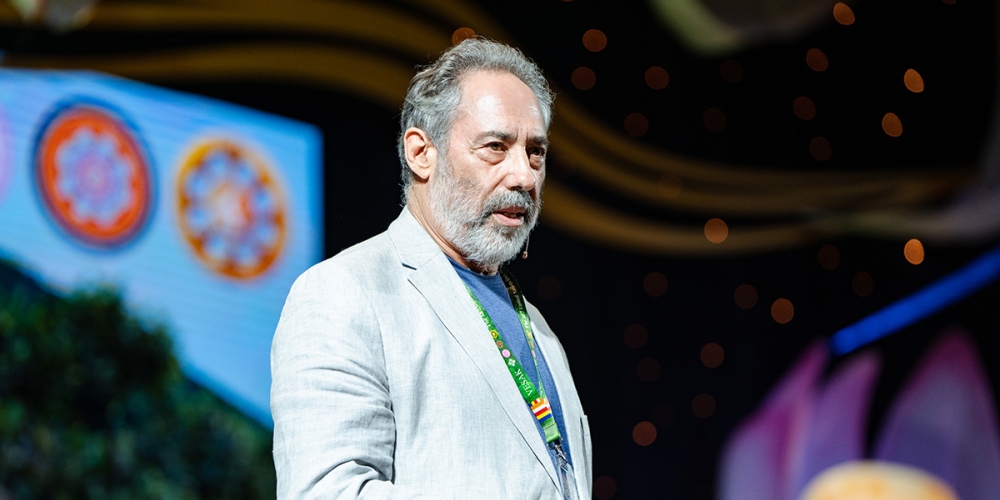

Research Bio
Mark Blum is a professor of Buddhist Studies at UC Berkeley. His four areas of research: (1) the intersection of Buddhist culture with Japanese culture, (2) Pure Land Buddhist thought and culture, (3) translations from Chinese and Japanese of Buddhist scriptures, and (4) the impact of modernity and postmodernity on Buddhist thought and culture. (1) looks at the processes by which Japanese society was changed by Buddhism, and how traditional forms of Buddhism in Japan differ from other Buddhist countries. This involves the philological study of ancient and medieval religious and performative texts, including the idiosyncratic ways in which Chinese translations from Indic texts were read in Japan, and apocryphal scriptures composed in China and Japan, with the emphasis put on discerning why certain texts and doctrinal paradigms garnered so much interest. It also includes a critical look as the aesthetics of Buddhism in Japan, aiming at clarifying Japanese forms of Buddhist visual and performative culture. (2) examines Pure Land Buddhism as a distinctly East Asian form of Buddhist culture, what it says about how Chinese and Japanese Buddhists self-identified as Buddhists, the role of historical consciousness and performative ritual and the arts in this process. He is currently writing a history of a particular form of practice (nianfo/nenbutsu) that somewhat defines this form of Buddhism and became an object of faith. (3) aims at publishing annotated translations of influential Buddhist texts relevant to the above topics that were written in China and Japan between the 5th and 13th centuries. At the center of this are three translation projects: (a) the Chinese-language text of the Nirvana Sutra (Mahayana Mahaparinirvana Sutra), dated ~430, that will be published in 4 volumes and is now half-finished (vol. 2 is currently in print), (b) co-authored translation of the Guan wuliangshoujing shu, an exegetical commentary by Shandao, dated ~680, that spawned over 50 subcommentaries in premodern Japan and is nearly finished, (c) co-authored translation of the entire Japanese-language corpus of Honen (1133-1212), working with Japanese scholars associated with the Pure Land school that he founded. (4) examines the complex modernization process of Buddhism in the context of Japanese society beginning in the late 17th century; it includes demythologization, religion and nationalism, critical historical scholarship in the 18th & 19th centuries, a collaborative project with scholars in Japan contextualizing 17th to 19th century interpretations of the Tannishō, a late 13th century text that is the best selling religous book in Japan today, and more recently Buddhist chaplaincy as a modern tool to deal with social problems in prisons and hospitals.
Research Expertise and Interest
Buddhism, Japan, culture and society, modernization
